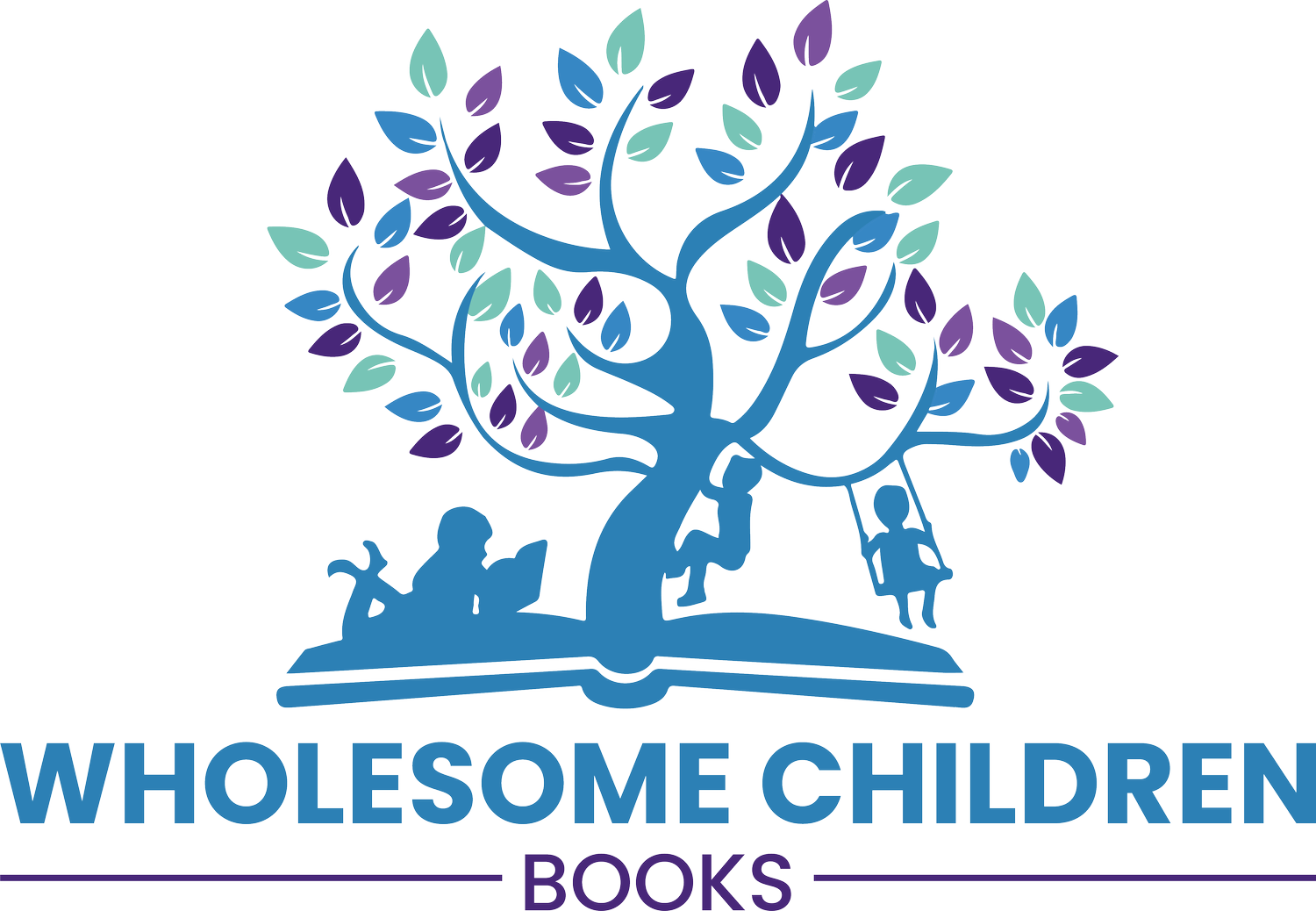Practicing Gratitude Every Day
Thanksgiving has arrived, affording many individuals an opportunity to pause and reflect on all the things for which they are grateful and all the people they are grateful to. However, looming on the horizon are Black Friday and its more recent counterpart, Cyber Monday — the epitome of consumerism and, in many respects, the antithesis of gratitude.
Why is consumerism positioned as the polar opposite of gratitude? I first contemplated this notion while reading "Active Hope" by Joanna Macy. Among the many poignant messages delivered in this book, Macy explores gratitude as an antidote to consumerism and a means of enhancing our resilience and our satisfaction with life:
“Gratitude is about delighting in and feeling satisfied with what you are already experiencing. The advertising industry aims to undermine this by convincing you that you are missing something… the job of advertisers is to create dissatisfaction in its audience. If people are happy with how they look, they’re not going to buy cosmetics or diet books. If people are happy with who they are, where they are in life, and what they’ve got, they just aren’t customer potential, unless you make them unhappy.”
To facilitate sales, the advertising industry is constantly trying to make us feel unhappy with who we are and with what we have. It is no wonder that depression rates continue to increase, even among the youngest members of society. Consumerism not only imperils our mental health but also precipitates numerous major global challenges. As our sense of inadequacy deepens, so does our insatiable appetite for material possessions; producing these possessions necessitates extensive resource consumption, and procuring these resources contributes to issues such as wars, environmental degradation, and the sixth mass extinction that is currently underway.
Upon contemplation, one must ask: Does the joy derived from acquiring a new TV or a pair of shoes extend beyond the fleeting initial moment of the purchase? there is abundant research regarding the benefits of gratitude practices (such as gratitude journaling) to wellbeing, mental health, and even physical health.
"The Gratitude Goggles," our newly released children's book, aims to explain the concept of gratitude as an antidote to the feelings of depression induced by consumerism and wanting things we don't have. It also prompts children to think about what they are grateful for, aiming to foster a practice of gratitude among young readers and their parents. In my own family, we try to integrate a gratitude practice into some of our family meals throughout the year — akin to Thanksgiving, we go around the table mentioning things we are grateful for. Why confine such a practice to a single day each year (Thanksgiving), when its incorporation into our daily lives promises profound benefits?

